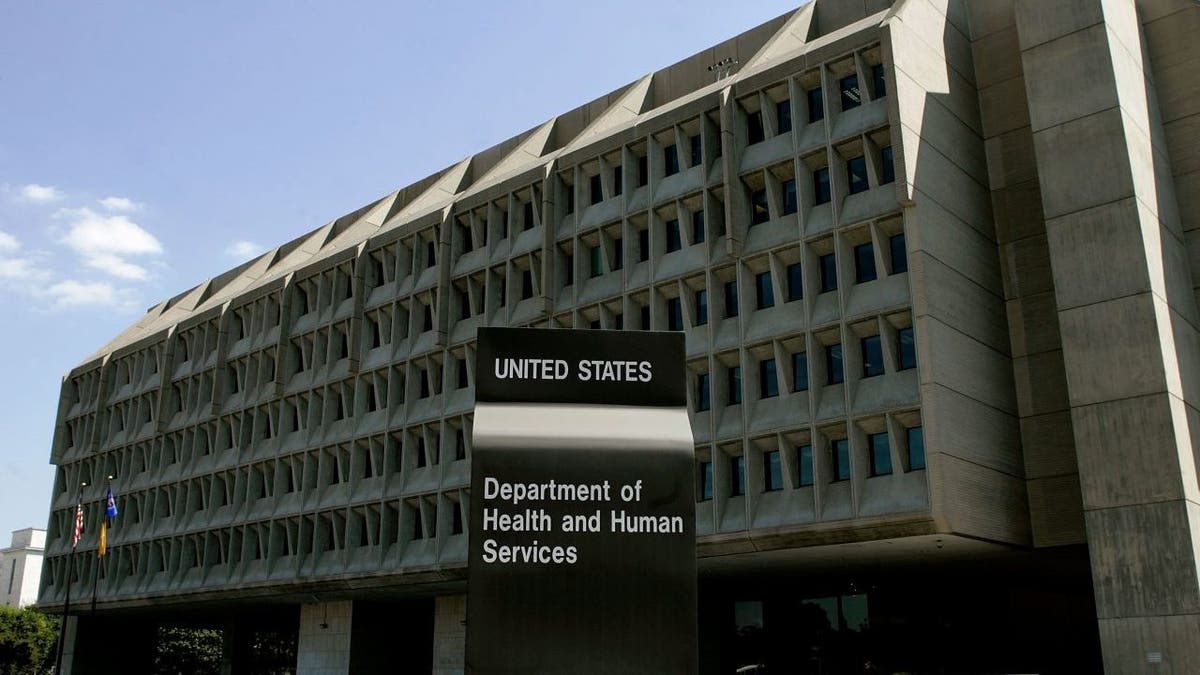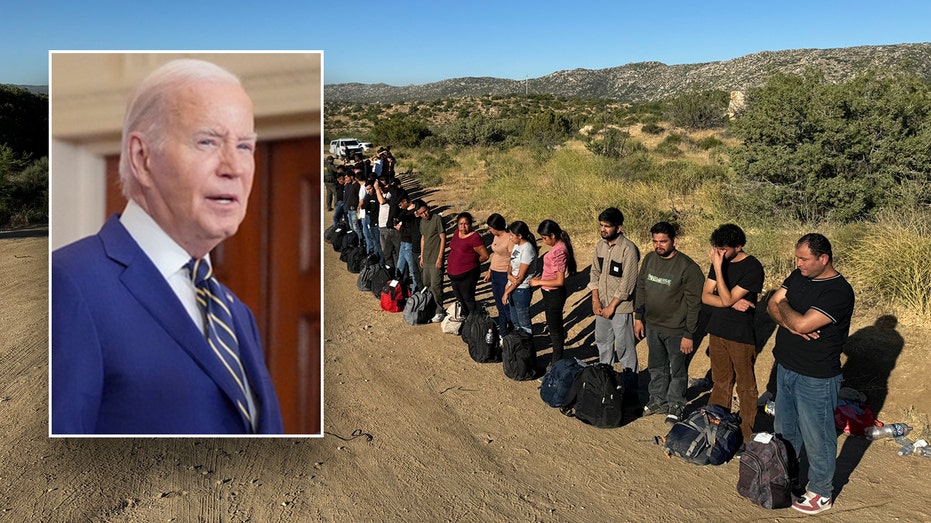Israel poses a palpable, unprecedented risk to medical workers in Gaza with their systemic disregard for international humanitarian law
Get our morning and afternoon news emails, free app or daily news podcast
The Israeli drones hold a particular kind of terror. When they get louder, you know they are close. Are they armed? When there are several, the Palestinians explain they are performing reconnaissance. When they then fly away, you would expect to feel relief. But no, the silence is louder. Palestinian colleagues say the drones have completed their surveillance and will return with munitions.
It is almost two weeks since I left Rafah. For the latter half of April, I lived in West Rafah as part of a team of medics with the German organisation Cadus, providing emergency and generalist medical care at a trauma stabilisation point (TSP) in Khan Younis. The skies were increasingly noisy throughout my time in Gaza. Everyone was waiting for the invasion of Rafah. A week after I left, tanks moved into position in East Rafah and the mass evacuation of civilians, which everyone had spent weeks fearing, started.
Amy Neilson is an Australian rural generalist emergency doctor and academic. She has worked in medical humanitarian aid with Médecins Sans Frontières, the International Committee of the Red Cross and German organisation Cadus.





